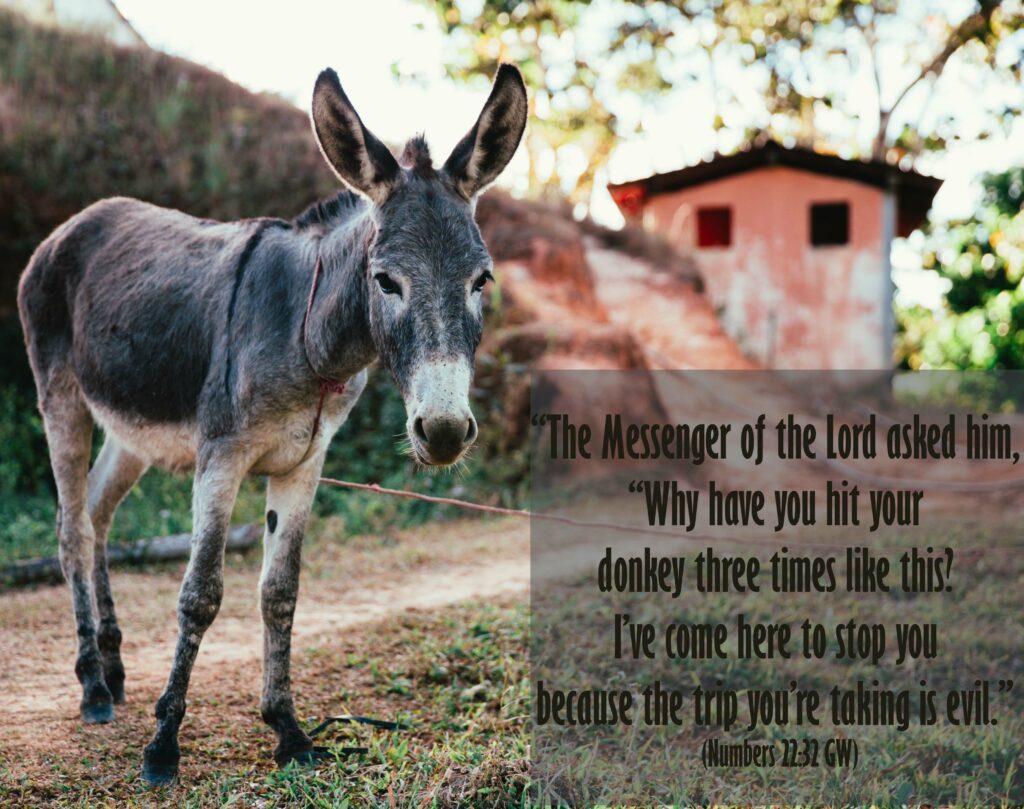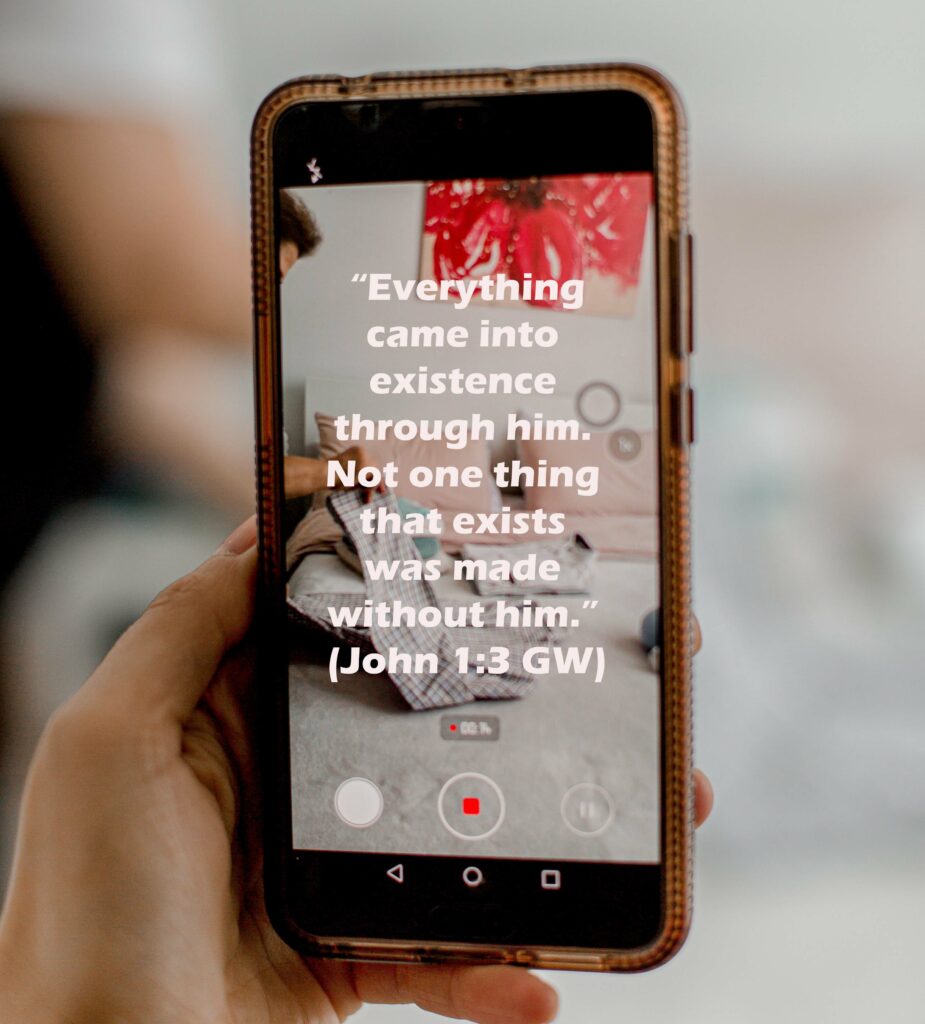2 minute read.

Daily Reading: Numbers 28 GW; John 10 GW
Full life comes from following Jesus.
Believing in Jesus is more than an insurance policy against hell. Nothing will cause you to flourish in life more than applying Jesus’s teachings to it. God’s word has over 7,000 promises in it. Whatever problem you have, God has an answer. Thanks to modern technology, a simple Google search will give you a plethora of verses. Believing in Jesus means trusting God will keep His promise.
The first promise people believe is that they will have eternal life. God also wants you to have a flourishing life while here on earth. Satan wants to steal, kill and destroy. God wants to give you everything you need to live a full life. Jesus is the answer:
“Dear children, you belong to God. So you have won the victory over these people, because the one who is in you is greater than the one who is in the world.” (John 4:4 GW)
Hold God accountable.
Accountability is vital in any relationship. Spouses are accountable to each other for their actions. Friends expect you to do what you say you will do. God expects obedience to Him. We anticipate God to come through on promises like these:
- God’s goodness: “The Lord is good to all; He has compassion on all He has made.” (Psalm 145:9 NIV)
- God’s presence: “He gives strength to the weary and increases the power of the weak.” (Isaiah 40:29 NIV)
- God provides: “But seek first His righteousness and all these things will be given to you as well.” (Matthew 6:33 NIV)
Only you know what is keeping you from living your life to the fullest. Choose today to trust God completely. Hold Him accountable to His word. Put His promises into practice in your life. Watch as He fulfills His commitment to you.
.

Lord, thank You for the thousands of promises you have made to us. Forgive us for not trusting Your word. Help us today to hold You accountable. As we face the hurdles of our day, remind us of the promises You have made to us. Give us faith to believe what You have said. Let our lives flourish as we trust in You. Whatever attacks we endure from the enemy, let them have no victory in our lives. Instead, give us all we need to live our life to the fullest. IJNIP. Amen
Question for reflection
What area of your life is the enemy attacking?









